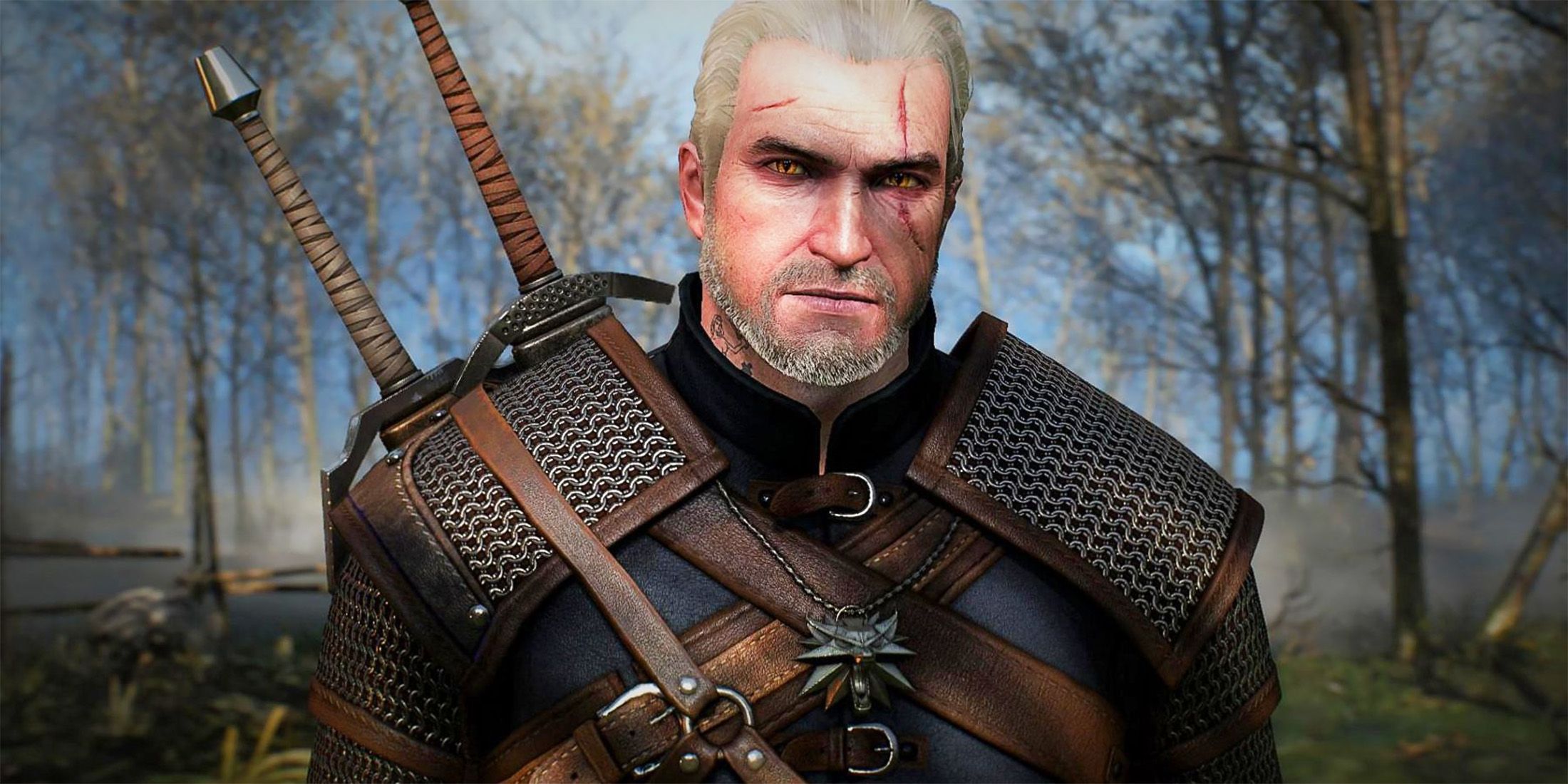
Faction leadership in open-world RPGs taps into a unique power fantasy, one rooted less in personal conquest and more in influence, diplomacy, and commanding loyalty. Unlike linear experiences, these games give players the freedom to choose allegiances or even build their own kingdoms from nothing with a more strategic form of control that often involves making choices with far-reaching consequences rather than simply defeating the next big boss.
Some games simulate this with systems that prioritize realism, while others deliver it through narrative choices and player reputation. In both cases, they offer rich, emergent gameplay where the world responds to the player’s growing authority. Whether it’s forming armies, swaying courts, or toppling governments, many RPGs reach a new high in open-world faction control, blending scale and freedom with meaningful responsibility.
Kingdom Come: Deliverance
A Noble Path to Influence
Kingdom Come: Deliverance offers a grounded medieval experience in which joining and rising through noble courts actively shapes regional politics. Reputation impacts mercantile prices and faction trust, making political navigation feel meaningful in its historical context in a world that rewards players for leading their cause.
Combat mastery and feudal service grant increasing sway over noble factions. While not overtly about ruling kingdoms, the game realistically captures the ascent through faction ranks, offering a quieter but credible sense of leadership as players become respected figures within a fractured Bohemian realm.
Fallout 4
From Humble Beginnings to Leading the Charge
Fallout 4 introduces a faction system that builds in weight over the course of the entire story. Players can champion the Brotherhood of Steel, Institute, Railroad, or Minutemen, each offering different philosophies and end-game missions to incentivize a strong allegiance to a specific cause.
A custom settlement network also grows under player guidance, becoming a tangible symbol of faction-driven progress across the world, and territorial influence delivers a measurable sense of power and control over the wasteland. Base defense missions and settlement management turn what started as a solo wanderer into a community builder who shapes the Commonwealth’s destiny.
GreedFall
Diplomacy Amid a Colonial Frontier
GreedFall immerses players in colonial-era politics, where allegiances to various groups can shape the fate of an entire island nation. Each faction has a distinct identity and agenda, influencing trade and the game’s multiple endings, as well as the quests that the player can access along the way. This system forces nuanced choices, making the politics feel personal and impactful rather than following a set script.
The game balances combat with dialogue and diplomacy, often requiring negotiation rather than swordplay to navigate the intricate questlines. While Greenfall isn’t a true open-world game, featuring semi-open environments instead, it excels in faction-based interactions through managing alliances, seeking or instigating conflict, and in how players drive factional outcomes, cementing its place on this list celebrating faction leadership.
The Witcher 3: Wild Hunt
Deciding the Fate of Vast Regions
The Witcher 3 places players at the heart of factional warfare between Nilfgaard, Scoia’tael, and the Northern Realms in a regional conflict that stands as far more than a petty quarrel. Geralt’s choices sway allegiances and can determine the victors for many battles, and major quests exemplify how one man’s actions can tip the balance.
Even without a crown, Geralt acts as a power broker. His alliances, the fate of regions like Velen and Novigrad, and the script-altering outcomes of key decisions place him at the nexus of factional influence, delivering the sense that the world pivots on his will.
Cyberpunk 2077
Controlling the Entire Underworld
Cyberpunk 2077 pits players against Night City’s megacorps and gangs, where they can forge alliances and influence street-level power through every choice they make. Lifepath backgrounds also grant initial ties to factions that unlock unique story content and access, giving a sense of embedded influence in an immersive world full of conflict.
In its own unique way, Night City reacts to the player’s loyalties. Support for factions like the Maelstrom or the Aldecaldos biker gang shapes narrative threads and mission lines, and the player’s alliances can determine territorial clashes and social standing, making this urban jungle a political sandbox of a different sort.
Mount & Blade 2: Bannerlord
Become a Ruthless Warlord
Mount & Blade II: Bannerlord offers plenty of freedom in terms of factional leadership. Players start as mercenaries and rise to found their own clan or lead existing kingdoms, where territory is gained through conquest, politics, and marriages, and factions are dynamic alliances that shift through betrayal and rebellions, diverging based on the players’ actions and reputation.
This sandbox epitomizes the rise-to-power fantasy. With no fixed story and full control over armies, diplomacy, economics, and warfare, players become true power brokers in a world where victory feels earned and satisfying every single time.
Fallout: New Vegas
Commanding Battles Between Rivals
Fallout: New Vegas remains the gold standard for open-world faction gameplay. With major groups like NCR, Caesar’s Legion, Mr. House, and Yes Man vying for control, every action shifts the balance of power in one group’s favor or the other. The reputation system ensures no faction remains neutral forever, and seeing the world transform through minor to major events is a powerful reward.
Final missions hinge heavily on player choices, and they really have a significant amount of control over how certain events resolve throughout the narrative. The ability to control entire factions as a single individual lends an immense feeling of power and esteem to the player, making them feel truly important in an otherwise fractured world.
Leading Factions Across the Lands
Skyrim may seem like a personal saga, but its faction systems are deep and transformative. Players can join multiple guilds, each with its own HQs, perks, and questlines that are unique to each path. The main civil war forces a definitive factional alignment, with players leading either the imperial or Stormcloak armies to seize control of Skyrim.
Beyond war, players can ascend to leadership roles like Arch-Mage or Guild Master, gaining followers and influence over individuals and the lands themselves. Faction progression reshapes gameplay and changes the world’s structure in meaningful ways, creating the most complete open-world RPG fantasy for players who want to lead, command, and rule.
#OpenWorld #RPGs #Leading #Faction

